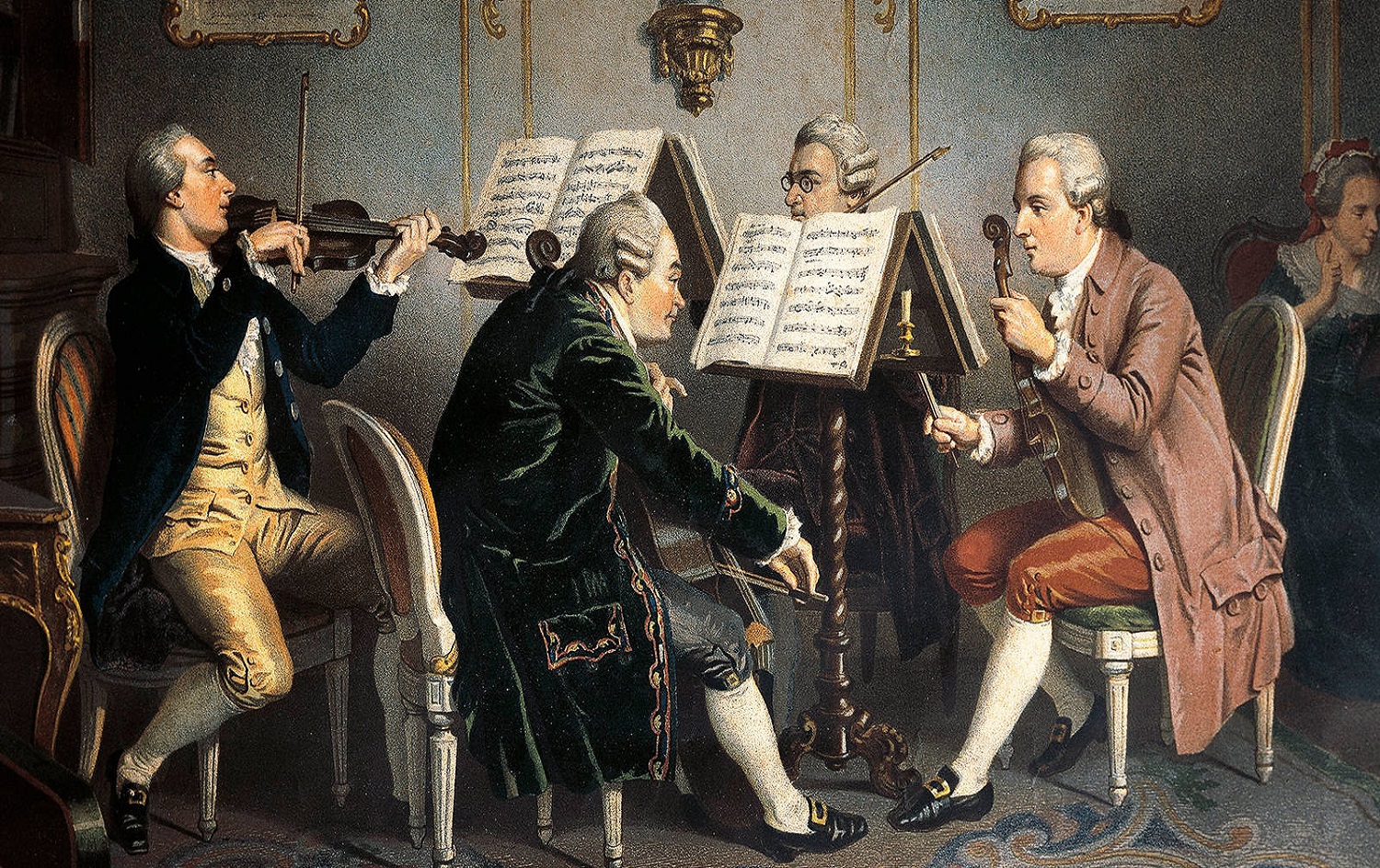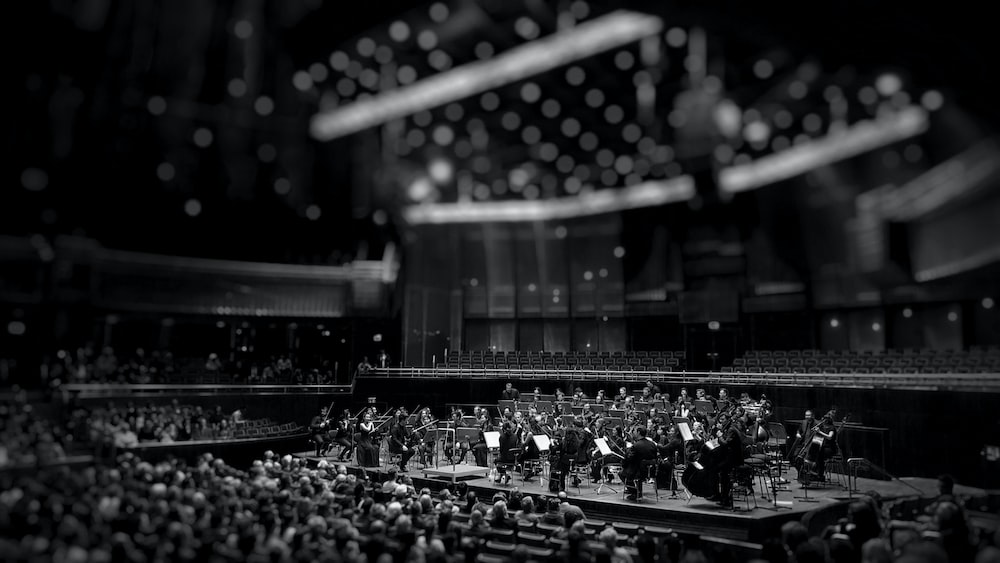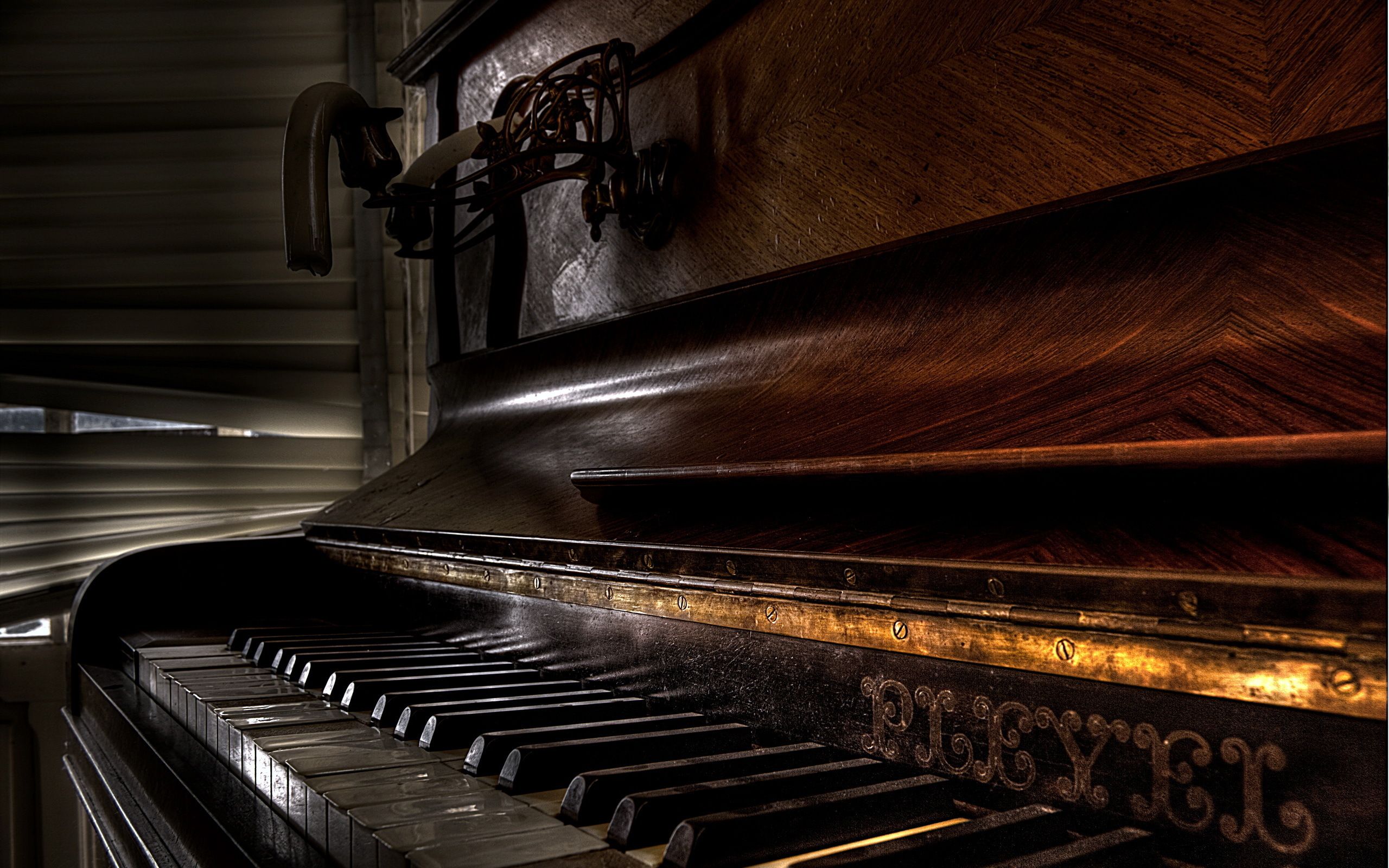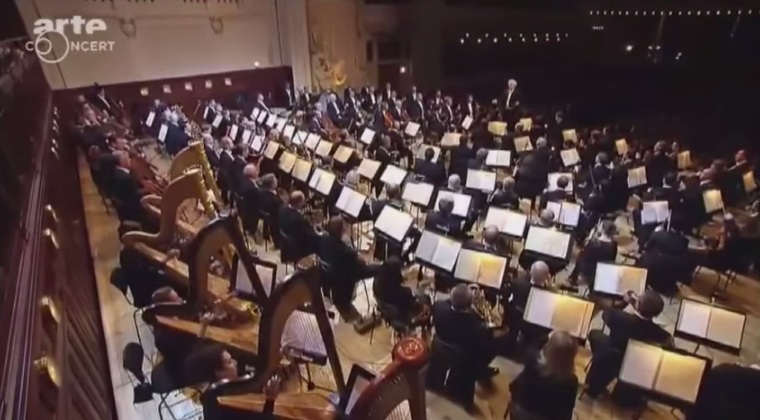Classical music, a genre rooted in the traditions of Western culture, spans a broad period from the Middle Ages to the present day. Its history is marked by distinct stylistic periods, each contributing unique elements and innovations that have shaped the evolution of music. This text will explore the development of classical music across these periods: the Medieval, Renaissance, Baroque, Classical, Romantic, and Modern eras.
The Medieval period marks the beginning of written music in Western culture. During this time, music was primarily vocal and religious, performed in churches and monasteries. The most significant form of music was Gregorian chant, named after Pope Gregory I. These chants were monophonic, consisting of a single melodic line without accompaniment.
Classical music has transcended time and culture, captivating audiences for centuries with its depth, emotion, and complexity. From the serene elegance of Mozart to the thundering power of Beethoven, the world of classical music is a treasure trove of remarkable compositions. This list celebrates the 100 best classical songs of all time, encompassing a range of genres, eras, and composers. Whether you're a seasoned classical music enthusiast or a newcomer to this art form, these masterpieces are bound to leave an indelible mark on your soul. As we reach the end of this list, we stand in awe of the immense beauty and depth of classical music. These 100 best classical songs serve as a testament to the enduring legacy of the composers and their works, resonating with generations past, present, and future. Whether you're seeking solace, inspiration, or sheer musical brilliance, the world of classical music offers an inexhaustible well of masterpieces waiting to be explored.
Throughout the history of music, numerous instruments have captivated audiences with their melodious sounds and unique qualities. Among these extraordinary inventions stands the magnificent piano, an instrument that has mesmerized generations of musicians and listeners alike. In this blog post, we embark on a journey through time to explore the fascinating story behind the invention of the piano and its evolution into the beloved instrument we know today. To fully appreciate the piano's creation, we must first travel back to the Baroque period. During this time, the harpsichord reigned supreme as the primary keyboard instrument. With its plucked strings and limited dynamic range, the harpsichord produced a beautiful but mechanically uniform sound. Yet, musicians yearned for an instrument capable of expressing a wide range of emotions with greater nuance.
An orchestra is a large group of musicians who play various instruments from different families, such as strings, woodwinds, brass, and percussion. The orchestra is usually arranged into four sections, each with a specific role and sound quality.
The piano is a keyboard instrument that has a long and rich history of innovation and evolution. It is widely regarded as the most popular and versatile musical instrument in existence, capable of producing a wide range of sounds and expressions. The piano's invention is attributed to Bartolomeo Cristofori (1655-1731), an Italian harpsichord maker who devised a new mechanism that allowed the player to control the volume and dynamics of the sound by varying the force of the key strike . He called his invention "gravicembalo col piano e forte", or "harpsichord with soft and loud" .
The Story Behind "Fantaisie-Impromptu" by Chopin
The Fantaisie-Impromptu was written in 1834, as were the Four Mazurkas and the Grande valse brillante, but unlike these other works, Chopin never published the Fantaisie-Impromptu. Instead, Julian Fontana published it posthumously, along with other waltzes Opp. 69 and 70. It is unknown why Chopin did not release the Fantaisie-Impromptu. James Huneker called parts of it "mawkish" and "without nobility".
#classicalmusic
#piano
#chopin
We are a educational channel specializing in history of classical music.
Our goal is to spread classical music to the greatest number of people.
Explore our channel and listen to more works by Mozart, Chopin, Beethoven, Tchaikovsky, Bach, Haydn, Schumann, Schubert, Vivaldi, Dvorak, Debussy and more! I hope you enjoy it and don't forget to Subscribe. 🎧
🔴 Facebook: https://www.facebook.com/TopClassicalMusic
🔴 WebSite: https://www.melhoresmusicasclassicas.com
Five Facts You Didn't Know About Rachmaninoff
1. A young musical genius
Sergei Rachmaninov was born on 1 April 1873 in Semyonovo, north-west Russia. As a young man he consistently amazed his teachers with his jaw-dropping ability as a pianist and composer. He created a storm with his First Piano Concerto when he was just 18.
#classicalmusic
#rachmaninoff
#orchestra
We are a educational channel specializing in history of classical music.
Our goal is to spread classical music to the greatest number of people.
Explore our channel and listen to more works by Mozart, Chopin, Beethoven, Tchaikovsky, Bach, Haydn, Schumann, Schubert, Vivaldi, Dvorak, Debussy and more! I hope you enjoy it and don't forget to Subscribe. 🎧
🔴 Facebook: https://www.facebook.com/TopClassicalMusic
🔴 WebSite: https://www.melhoresmusicasclassicas.com
Ravel - Short Biography
Joseph Maurice Ravel (7 March 1875 – 28 December 1937) was a French composer, pianist and conductor. He is often associated with Impressionism along with his elder contemporary Claude Debussy, although both composers rejected the term. In the 1920s and 1930s Ravel was internationally regarded as France's greatest living composer.
#mauriceravel
#classicalmusic
#music
We are a educational channel specializing in history of classical music.
Our goal is to spread classical music to the greatest number of people.
Explore our channel and listen to more works by Mozart, Chopin, Beethoven, Tchaikovsky, Bach, Haydn, Schumann, Schubert, Vivaldi, Dvorak, Debussy and more! I hope you enjoy it and don't forget to Subscribe. 🎧
🔴 Facebook: https://www.facebook.com/TopClassicalMusic
🔴 WebSite: https://www.melhoresmusicasclassicas.com
Five Facts You Didn't Know About Debussy
The Mozarts, Beethovens, and Mendelssohns are all examples of legendary and multigenerational, classical music dynasties. Unlike the children in those families, who grew up with musicianship as a focal point in their lives, Debussy grew up in a poor, working-class family. His mother was a seamstress and his father owned a china shop. Claude Debussy’s passion and skill for music, however, was undeniable and the family made the sacrifices necessary to start him in piano lessons when he was seven years old.
#debussy
#orchestra
#classicalmusic
We are a educational channel specializing in history of classical music.
Our goal is to spread classical music to the greatest number of people.
Explore our channel and listen to more works by Mozart, Chopin, Beethoven, Tchaikovsky, Bach, Haydn, Schumann, Schubert, Vivaldi, Dvorak, Debussy and more! I hope you enjoy it and don't forget to Subscribe. 🎧
🔴 Facebook: https://www.facebook.com/TopClassicalMusic
🔴 WebSite: https://www.melhoresmusicasclassicas.com








